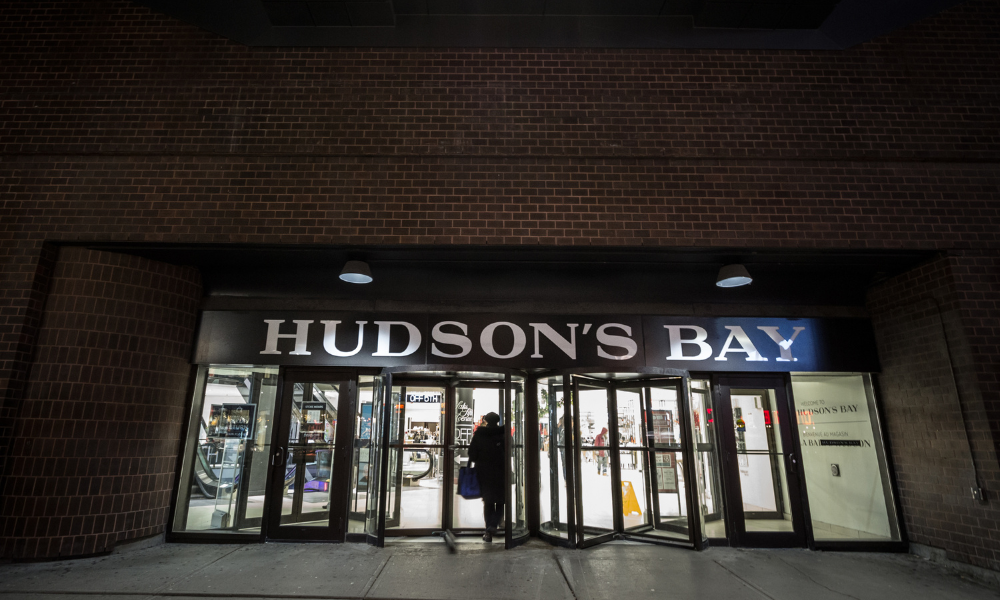Put money ahead of 'fit' resulting in low morale, employee churn
One-half (47 per cent) of Canadian professionals are unhappy in their job, according to a survey by recruitment firm Hays Canada of about 2,500 employers and employees.
A majority (86 per cent) of employee respondents from multiple regions and industries believe their fit with a company and its people is essential to contentment and success; however, when considering a new job, fit inevitably takes a back seat to money.
In addition, a lack of workplace fit is the number one reason Canadians leave or lose a job. And hiring someone who wasn't a match for his team or company culture had a harmful impact on team morale, productivity, according to employers, with more than one-half (56 per cent) of these hires endind in the person's dismissal.
Forty-nine per cent of employers admit to interviewing people they felt were not a fit with their team or culture — but hired them anyway. All but six per cent said the outcome was negative and added that ignoring their initial impressions cost their company anywhere from $10,000 to $50,000 and, in a few instances, more than $100,000.
"The majority of Canada's working population believes fit is important but when we investigated further, we learned that few actually know what that means," said Rowan O'Grady, president of Hays Canada. "No one intends to be unhappy but one-in-two Canadians spend their working lives that way because they disregard fit. We can no longer afford to have such a relaxed stance on the value of strong connections between people and where they choose to work."
Determining workplace compatibility
Only one-third of employee respondents know what their ideal fit is or how to evaluate it. And only 30 per cent of professionals are confident they are well-matched with their current working team while a similar number said they simply don't know.
Employers appear to be in the same rudderless boat, found Hays. Despite assigning top-priority to finding candidates with the right personality match for their company, employers routinely hire individuals determined to be a poor match before an offer was made. More than one-half (56 per cent) of respondents said their company's staff turnover was due to hiring individuals who were a not a fit with their culture and teams.
"Learning that relatively few people know how to gauge workplace fit is troubling but it's not entirely surprising," said O'Grady. "Things like salary, benefits and holiday time are very easily quantified and so they rise to the top of people's checklists almost by default. Assessing intangible things like a person's preferred level of social interaction is not clear-cut. Taking candidates out for a team lunch is a great way to establish a match but it adds new layers to the recruitment process when employers are already fighting a losing battle against the clock."




